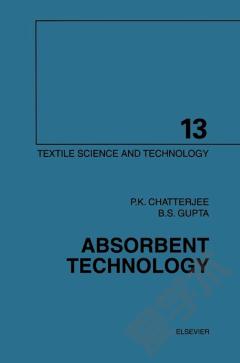Distributed Propulsion Technology
Distributed propulsion technology is one of the revolutionary candidates for future aircraft propulsion. In this book, which serves as the very first reference book on distributed propulsion technology, the potential role of distributed propulsion technology in future aviation is investigated. Following a historical journey that revisits distributed propulsion technology in unmanned air vehicles, commercial aircrafts, and military aircrafts, features of this specific technology are highlighted in synergy with an electric aircraft concept and a first-of-its-kind comparison between commercial and military aircrafts employing distributed propulsion arrangements. In light of propulsion–airframe integration and complementary technologies, such as boundary layer ingestion, thrust vectoring and circulation control, transpired opportunities and challenges are addressed in addition to a number of identified research directions proposed for future aircrafts. Moreover, a diverse set of distributed propulsion arrangements are considered. These include: small engines, gas-driven multi-fan architectures, turboelectric systems featuring superconductive and non-superconducting electrical machine technology, and electromagnetic fans. This book features contributions by the National Aeronautics and Space Administration (NASA) and the United States Air Force (USAF), and includes the first proposed official definition for distributed propulsion technology in subsonic fixed wing aircrafts.
{{comment.content}}








 京公网安备 11010802027623号
京公网安备 11010802027623号